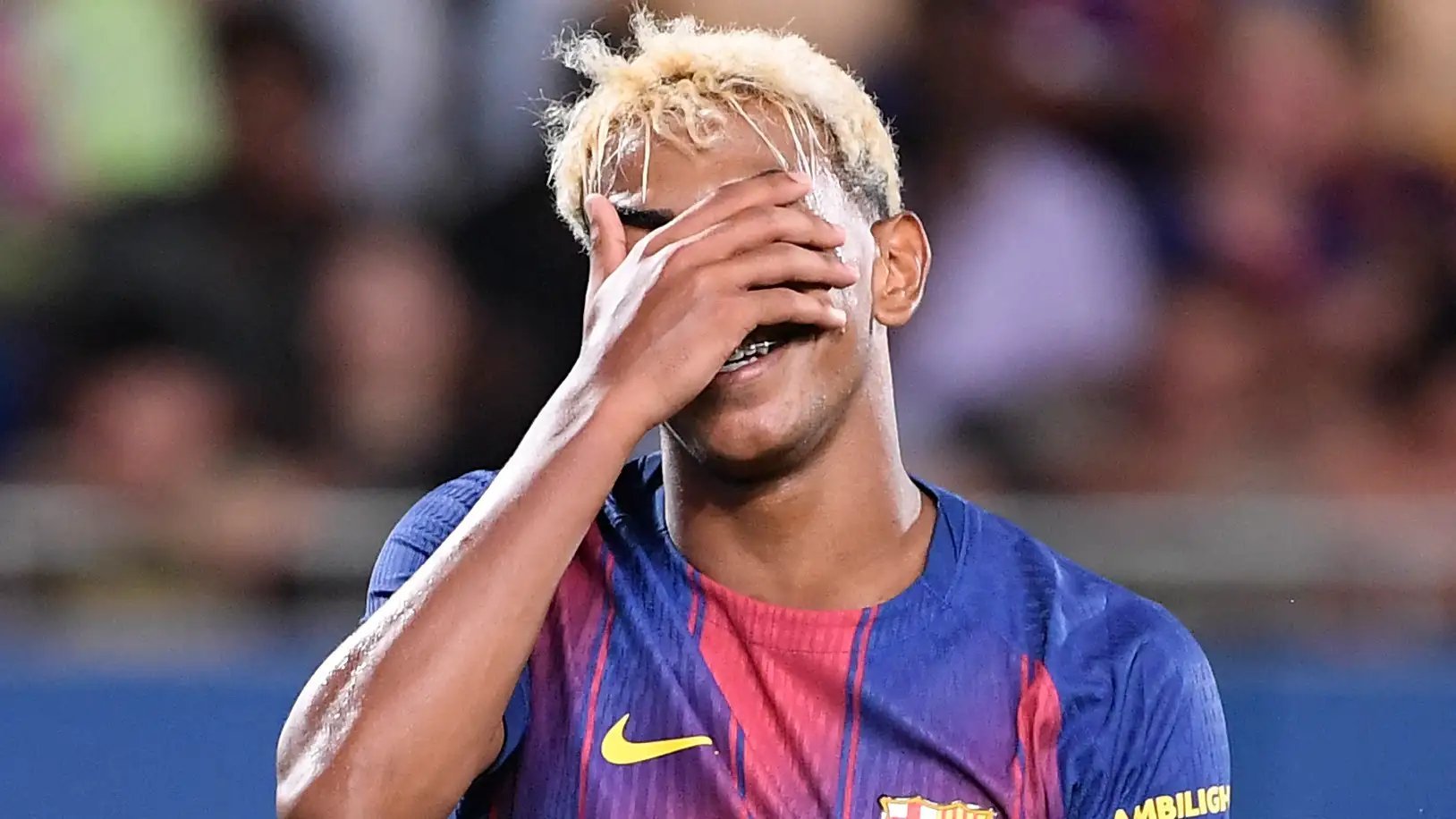When Justice Is Out Of Reach: The Plight Of Women With Disability In Kenya's Land Disputes

BY BARAKA SIMBA
Women across Kenya continue to face numerous challenges, particularly in matters of land ownership and inheritance. But for women with disabilities, these barriers are even deeper and more entrenched, often leaving them voiceless, unprotected, and excluded from systems meant to uphold their rights.
In many rural communities, especially in regions like Mt. Elgon in Bungoma County, discriminatory cultural practices continue to determine who is entitled to land. If a woman loses her husband, it’s not uncommon for in-laws to take over everything, from land and homes to livestock, leaving the widow and her children destitute. For women with disabilities, the injustice is compounded. Most lack access to legal redress, and few policies truly work in their favor.
Limited access to justice, ignorance of the law, and entrenched customs remain key obstacles. Despite the fact that up to 90% of wealth in Africa is generated through land, women still own less than 10% of it, even in the 21st century.
During a recent meeting organized by the Kenya Red Cross in Bungoma, village elders and ward administrators from Cheptais and Kopsiro wards admitted to being unfamiliar with legal procedures regarding land inheritance.
“It is true that there have been many cases of gender-based violence in this region, especially land disputes where women have been left out,” said one village elder from Cheptais, whom we’ll call Andrew for safety reasons. His real name is withheld due to the sensitivity of the topic in the area.
Is there a way forward?
Yes, and it starts with empowering the people closest to the issue. If village elders, chiefs, and local leaders are equipped with knowledge about land rights, gender equity, and disability inclusion, they can help resolve disputes fairly without resorting to court battles that many women cannot afford.
Mediation, when informed and unbiased, offers a practical solution. By training local dispute resolution actors, communities can begin to settle land issues peacefully and justly—ensuring women, including those with disabilities, are no longer left behind.
Tags: Signstvkenya Ministry Of Labour And Social Protection NCPWD
Related
Share this article
Experienced and versatile writer, dedicated to using my exceptional writing and editing skills to inform and advocate. My work focuses on educating and entertaining readers on a range of topics, with a particular expertise in matters of disability.
View articles

